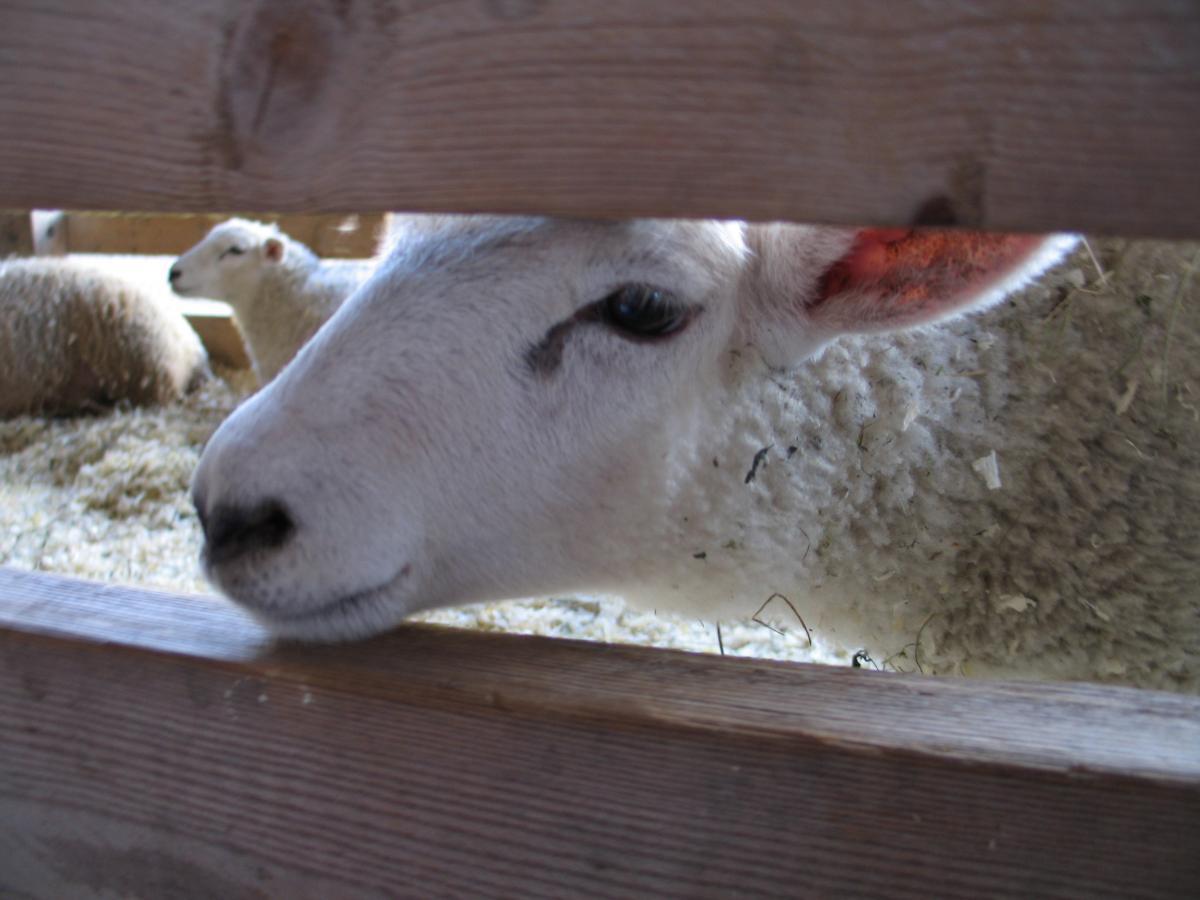There’s a problem in Vermont. Small-scale shepherds are drowning in their own wool. Why? It’s because of a lack of small-scale fiber mills in the state. This letter is a plea for creative business people to consider opening a mill. Being a shepherd and not a miller, I haven’t done any formal market research, but my off-the-cuff guess from informally chatting with both shepherds and millers is that the state (or larger region) could support several small-scale mills.

The desire of many shepherds in Vermont is to keep each fleece separate so that Fluffy’s wool becomes Fluffy’s yarn, and the shepherd can market it with a picture of Fluffy on the label. That means a lot to our customers. The yarn is not only local to the state, the town, or the farm, it’s localized to a single sheep who has her own name and personality. Yes, some people think it’s silly to name sheep, and that might be true if you live out West and have 24,000 sheep and they’re all white. Here in Vermont, however, sheep tend to be more than just faceless numbers.
Larger mills are happy to take wool from small-scale producers, but if you want your own wool back, you have to send in a minumum of, say, 100 pounds. If you have 8-12 sheep, which is not uncommon in Vermont, and each one, depending on the breed, yields 4-10 pounds of good, clean wool after composting the nasty wool from the belly, legs, and under the tail, your entire clip for the year would total 32-120 pounds. A producer of small sheep from a small flock would have to save up wool for three years. Now let’s say you have a multicolored flock with beautiful wool ranging from black, brown, tan, beige, and gray to white. Send in a hundred pounds of that and you get back a nice big bag of mud-colored yarn, or, if you’re lucky, it might be separated out into three different shades of mud, but there’s no guarantee the wool actually came from your own sheep.
Happily, there are already a few mills in New England that’ll take smaller batches, but they tend to be so inundated with processing orders that there are waiting lists as much as two years long between shearing time and getting yarn back. The ones I’ve spoken to would not feel challenged by the competition of having new mills open up. Indeed, some would be happy to offer tips!
Start-up costs are high. Basic understanding of fiber and experience working with it is a must. Woolen products needed range from yarn to roving to carded batts, and even merely a wool-washing service for hand-spinners. From speaking with fellow shepherds and spinning guild members, I know there’s a wealth of individuals who’d be happy to help teach fiber arts to an aspiring miller. Within NOFA, the Vermont Sheep and Goat Association, and various state agriculture, business, and marketing agencies that I, personally, know nothing about, I’m quite sure there’s help to be had with networking, information, and maybe even grants to help an aspiring business owner to get started.
As I said, I’m just a shepherd. I don’t know much about the ins and outs of starting a business in Vermont. I do know there’s a need for small-scale wool processing, and thus a good opportunity for a successful business here. If anyone wants more information, I’d be happy to chat! Please contact me at [email protected] or call (802) 899-4507.
Chris Sims
Ash Grove Farm

